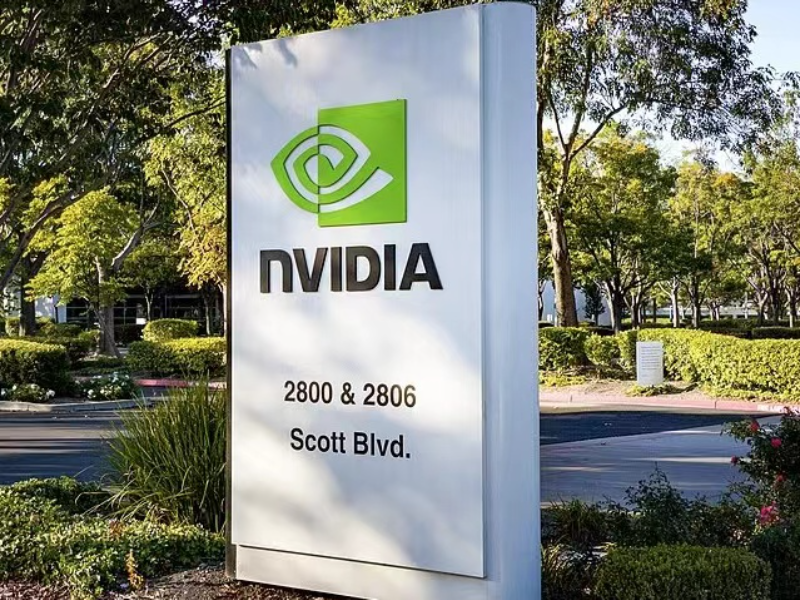- Google and Microsoft are sidestepping U.S. sanctions by offering Nvidia’s powerful AI chips to Chinese companies via overseas data centres.
- The bold strategy underscores that the tech giants’ efforts to maintain market dominance will not be halted by government regulation.
OUR TAKE
Google and Microsoft’s actions seem to thumb their noses at these regulations, prioritising profit. The strategy not only highlights the insatiable demand for AI capabilities but also underscores the lengths to which these tech behemoths will go to maintain their market dominance.
–Ashley Wang, BTW reporter
What happened
Google and Microsoft are reportedly providing Chinese companies access to Nvidia‘s advanced AI chips through data centres outside China, as revealed by a report from The Information. This development comes amid the Biden administration’s efforts to restrict Chinese firms from utilising US technology for AI, particularly advanced semiconductors, citing security concerns.
In response to these restrictions, both tech giants have found ways to offer their services while complying with US export controls, by providing data centres located outside China. Despite these trade restrictions, Nvidia continues to experience significant demand for its AI chips in China. Before the export controls, China accounted for more than a quarter of Nvidia’s total revenues.
The Biden administration has proposed new measures requiring cloud companies to verify whether foreign entities are accessing U.S. data centres to train AI models. This scrutiny aims to prevent potential misuse of advanced AI technology by foreign entities, particularly those from China.
Also read: How Nvidia dominates the AI chip market
Also read: France probes Nvidia for anti-competitive practices
Why it’s important
The relationship between China and the US is consistently tense, particularly in the field of technological advancement. For U.S. tech companies, navigating these complexities involves balancing compliance with regulations and meeting global demand. For China, access to advanced AI technology remains a priority, driving innovative ways to circumvent restrictions.
The Biden administration’s efforts to curb China’s access to advanced U.S. technology are not just rooted in genuine security concerns, rather it signals a high-stakes game with geopolitical ramifications. The development of technology will undoubtedly be impacted by political regulations. However, Nvidia’s continued success in China, despite these restrictions, showcases a tech ecosystem where regulations are merely speed bumps, not barriers.
Microsoft and Google’s actions exemplify the dynamics of international trade, technology, and regulatory compliance in the evolving AI landscape.

